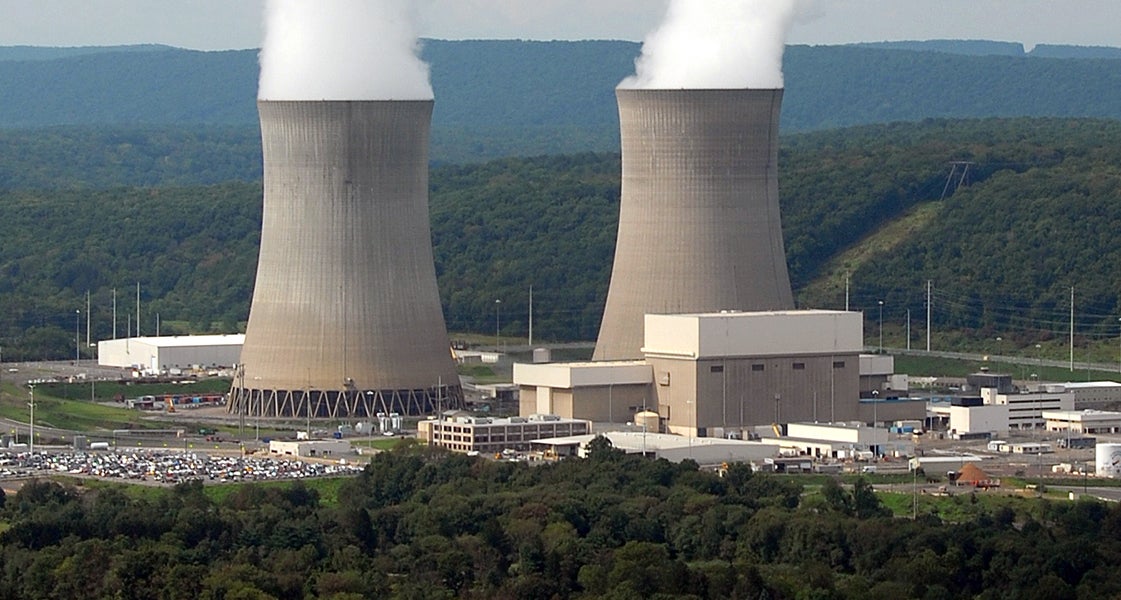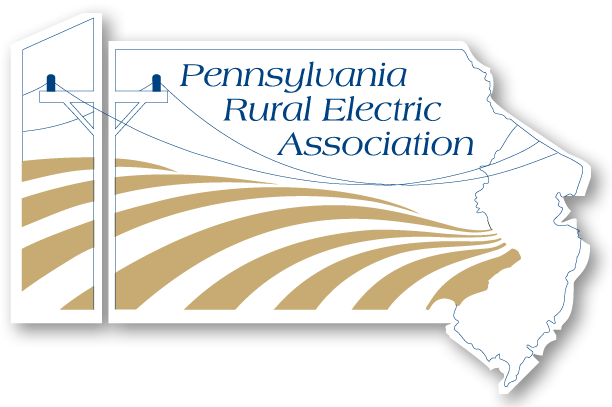
Power Supply
Working in close partnership with PREA is Allegheny Electric Cooperative, Inc. (Allegheny), a generation and transmission cooperative. Also based in Harrisburg, Pa., Allegheny provides the power requirements for the 14 rural electric distribution cooperatives in Pennsylvania and New Jersey.
Formed in 1946 by these cooperatives, Allegheny’s mission has been to provide electric cooperative consumers with a reliable supply of energy at a competitive price. In doing so, Allegheny has been active in meeting its members’ desire to support conservation, provide clean and renewable energy generation, and ensure a secure energy future for electric cooperatives.
 Clean Energy
Clean Energy
Allegheny has a diversified power supply portfolio with significant investments in nuclear and hydropower resources and minimal reliance on carbon-based fuels. More than 65% of Allegheny’s energy supply comes from these clean, stable and relatively low-cost resources. Allegheny owns 10% of the Susquehanna Steam Electric Station, a 2,600-megawatt, two-unit nuclear power plant located in Luzerne County, Pa. Talen Energy Corporation owns the remaining 90% and operates the boiling water reactor facility.
Allegheny also operates the Raystown Hydroelectric Plant/William F. Matson Generating Station (Raystown), a two-unit, 21-megawatt, run-of-river hydropower facility located at Raystown Lake and Dam in Huntingdon County, Pa. In 2007, Raystown earned the distinction of being the first hydroelectric plant in Pennsylvania to be certified as a Low Impact Hydroelectric Facility by the Low Impact Hydropower Institute (LIHI), a non-profit organization dedicated to reducing environmental impacts of hydropower generation. Raystown is one of only four facilities certified by the institute in Pennsylvania. In 2015, Raystown became the first low-impact hydropower facility in Pennsylvania to be recertified by LIHI. The certification continues Allegheny’s high standard of environmental stewardship.
